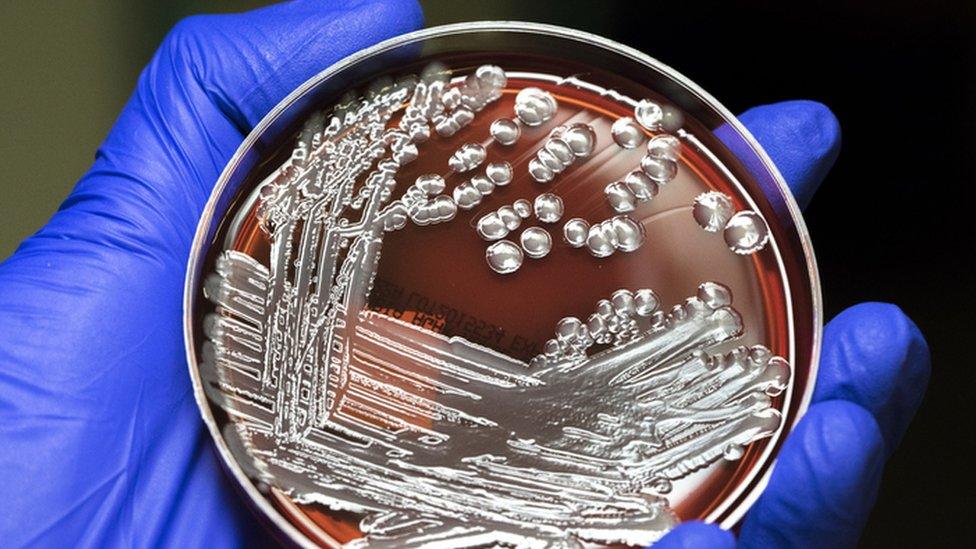Rivers becoming 'reservoirs of disease' warn experts
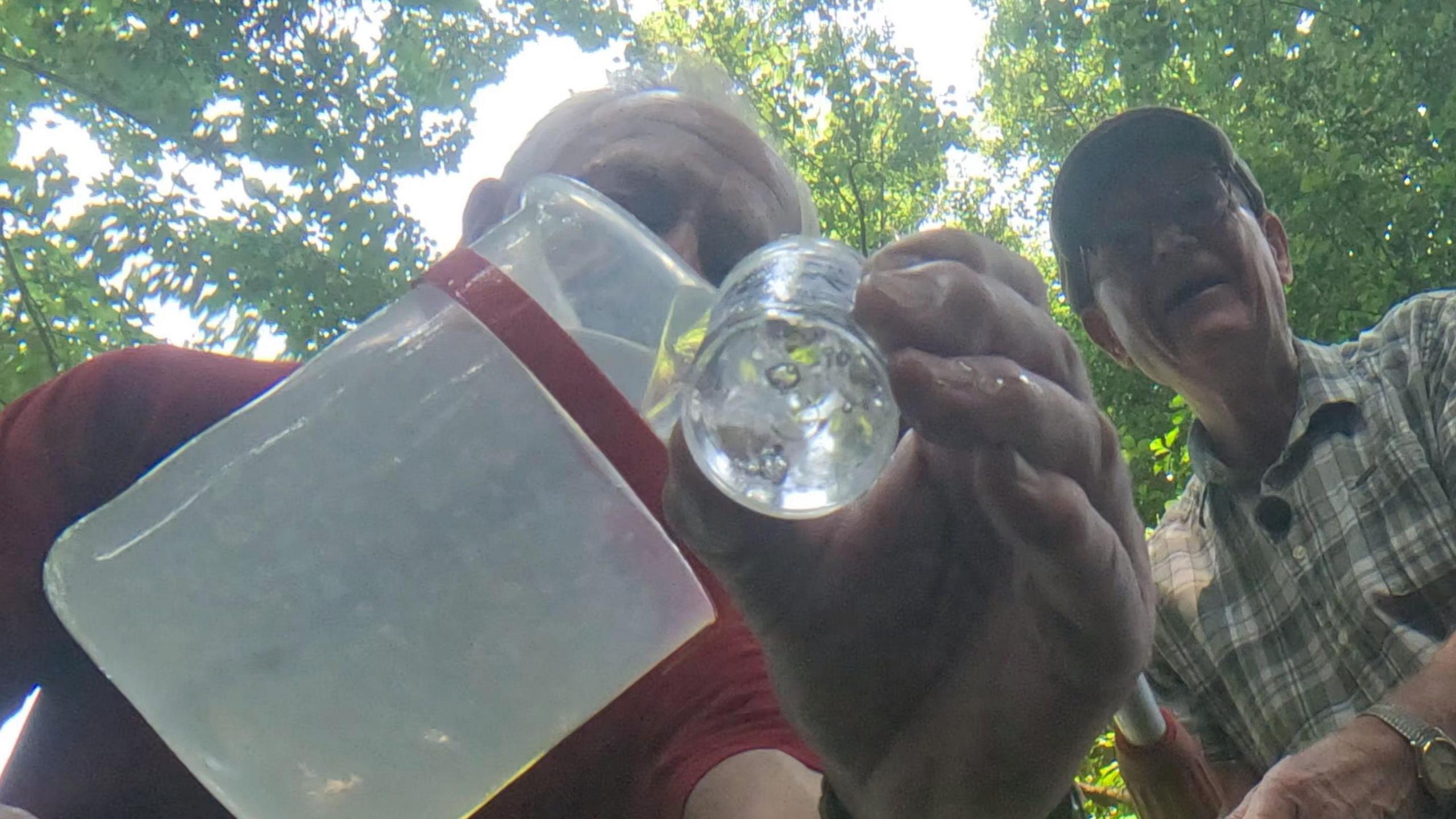
Citizen scientists David Findley and Bill Brammar have been sampling the water for two years and sending the results to the University of Suffolk for analysis
- Published
Scientists say "a reservoir of disease" is being created after discovering bacteria that naturally occur in rivers are becoming resistant to antibiotics due to the impact of sewage.
Researchers at the University of Suffolk said bacterial strains found on the non-tidal section of the River Deben in Suffolk had acquired resistance by exchanging DNA with antibiotic resistant E. coli.
Some bacteria have become resistant to the antibiotic carbapenem, which is used as the last line of defence in fighting infections already resistant to traditional antibiotics.
Dr Nick Tucker, a microbiologist leading the research, described the discovery as "particularly worrying".
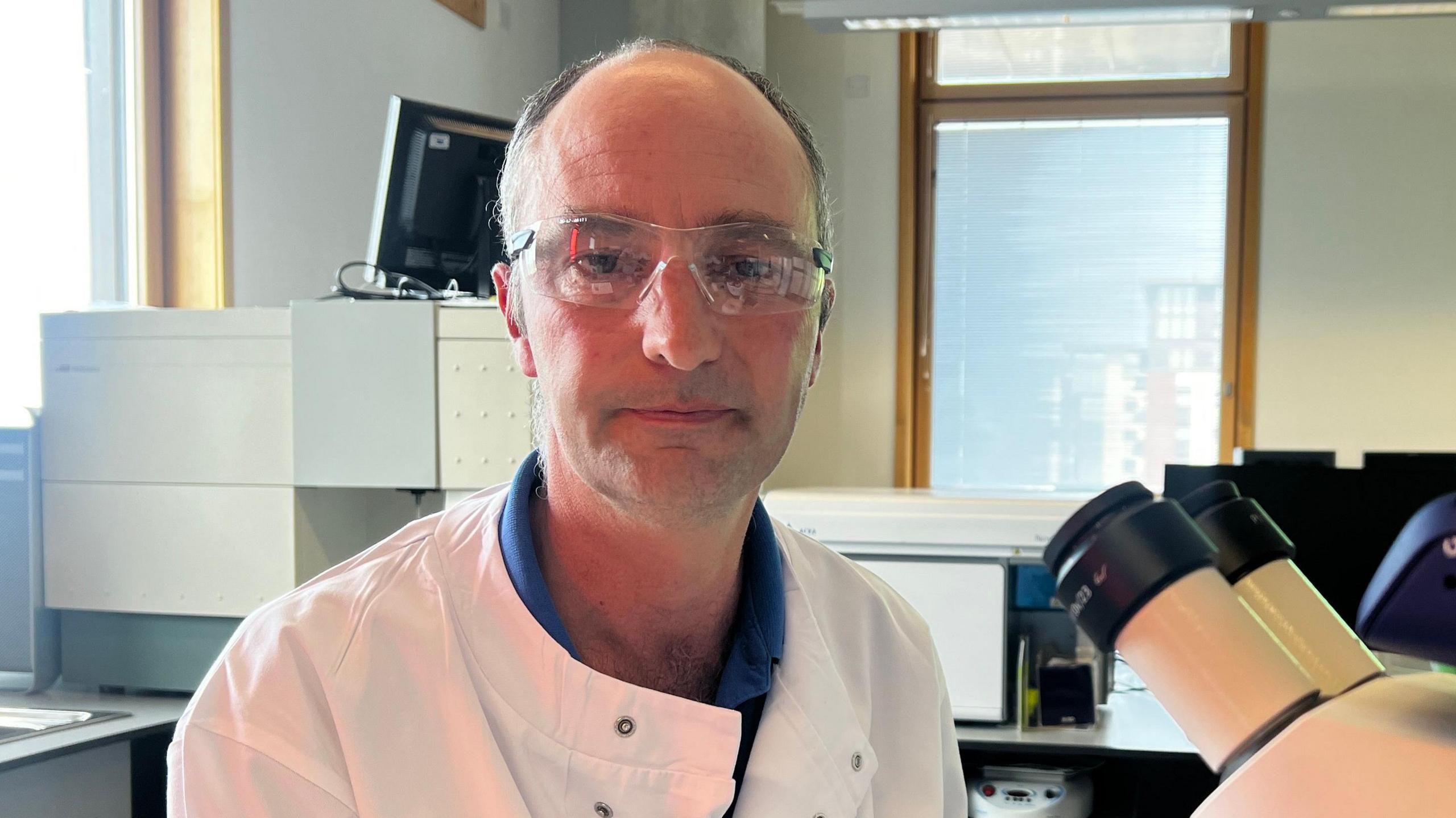
Dr Nick Tucker said the discovery was "particularly worrying to us because carbapenem is reserved for treating our most difficult-to-treat infections"
"Organisms that are currently low risk are being mixed with pathogenic organisms from sewage," he said.
"We're needlessly adding pathogenic and virulence genes to bacteria found in the environment, and that could be creating a reservoir of disease."
The team has been working closely with citizen scientists from the Deben Climate Centre, who have been taking water samples for two years.
They have also been working with scientists at the government's CEFAS laboratories, who have helped identify the new strains that are being screened for their resistance to six of the most commonly-used antibiotics.
The River Deben rises in Debenham, Suffolk, before flowing through Woodbridge and down to the North Sea.
David Findley, one of the volunteers, said the bacteria came from multiple sources, including "domestic cesspits, farms and some industrial waste".
Fellow volunteer Bill Brammar said the water was often unsafe to swim in, adding "a lot of these organisms are toxic and dangerous to human health".
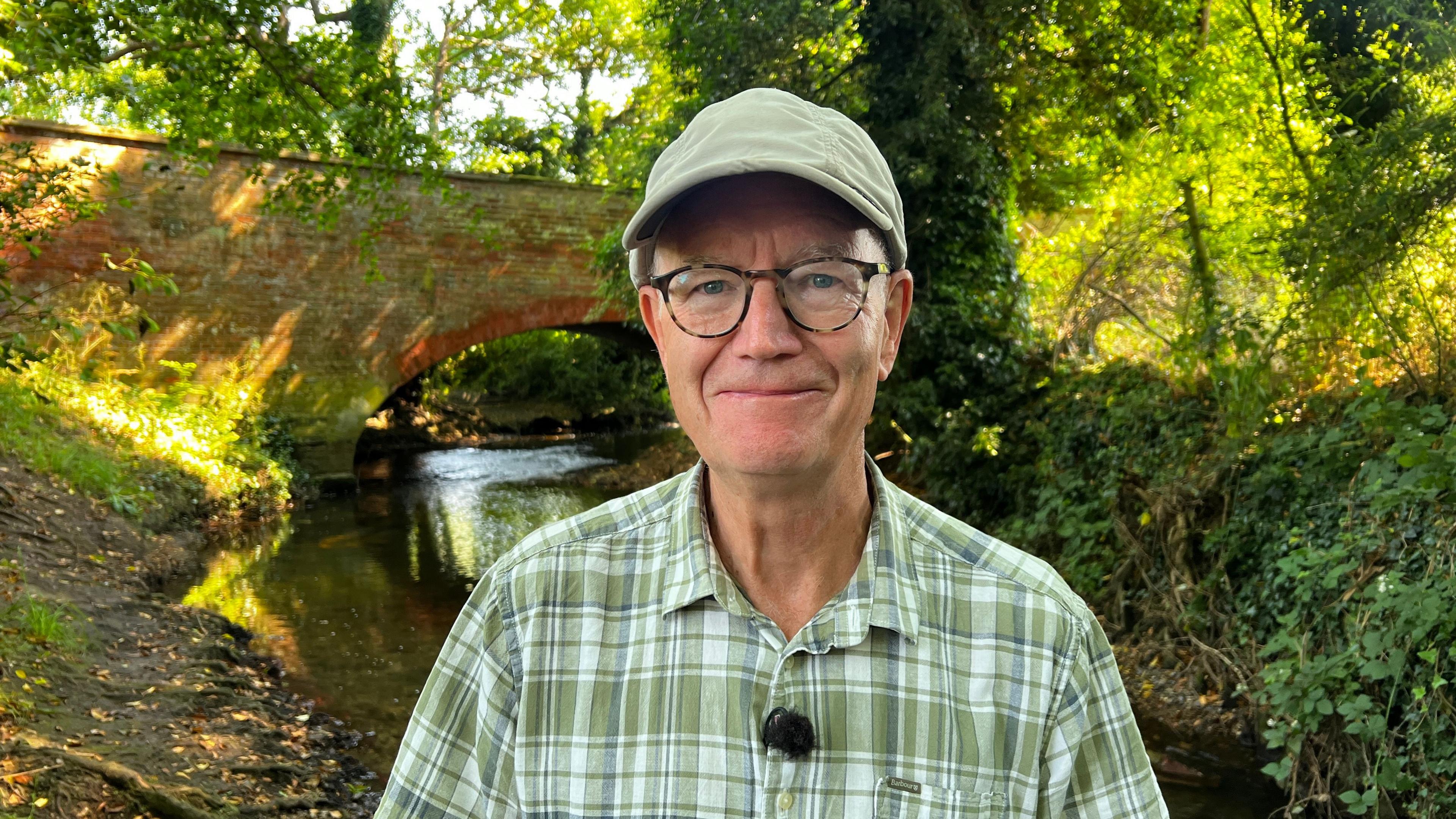
Deben Climate Centre is a coalition of residents, academics, local community groups, charities and organisations
The discovery of bacteria from the genus Klebsiella, resistant to carbapenem antibiotics, was "particularly worrying to us because carbapenem is reserved for treating our most difficult-to-treat infections", said Dr Tucker, from the university's School of Allied Heath Sciences.
"The risk of infection doesn't necessarily change, but the ability to treat those infections is vastly diminished and it's something, as a society, that we shouldn't be doing. We should be avoiding that at all costs.
"It increases the risk of water users contracting an infection that is difficult to treat."
Bacteria can exchange plasmid DNA through a process known as horizontal genome transfer.
The university's team has isolated and analysed 500 strains of bacteria and found significant levels of antibiotic resistance.
Follow Suffolk news on Facebook, external, Instagram, external and X, external. Got a story? Email eastofenglandnews@bbc.co.uk, external or WhatsApp us on 0800 169 1830
Related topics
- Published14 May 2024
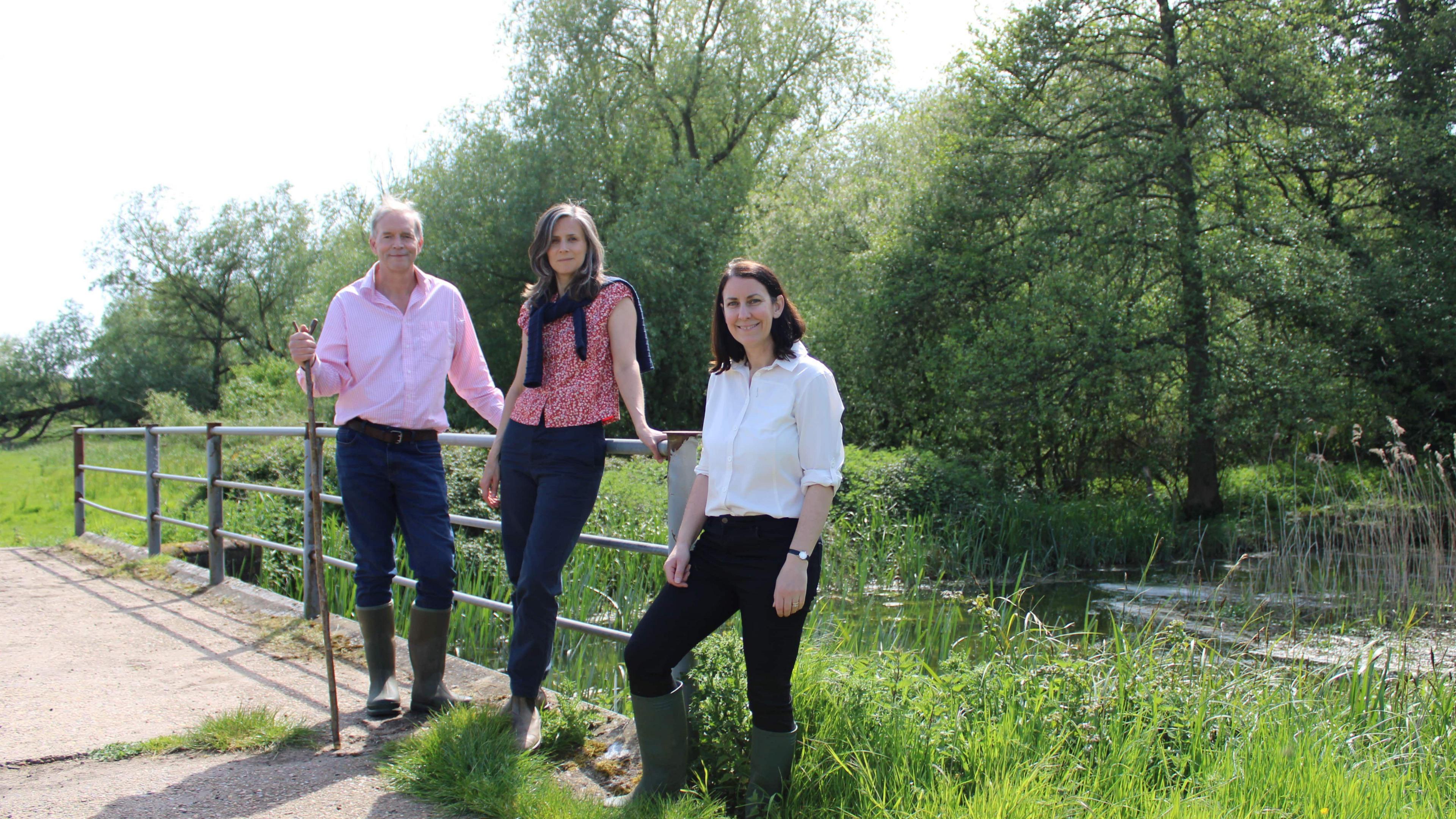
- Published12 October 2023
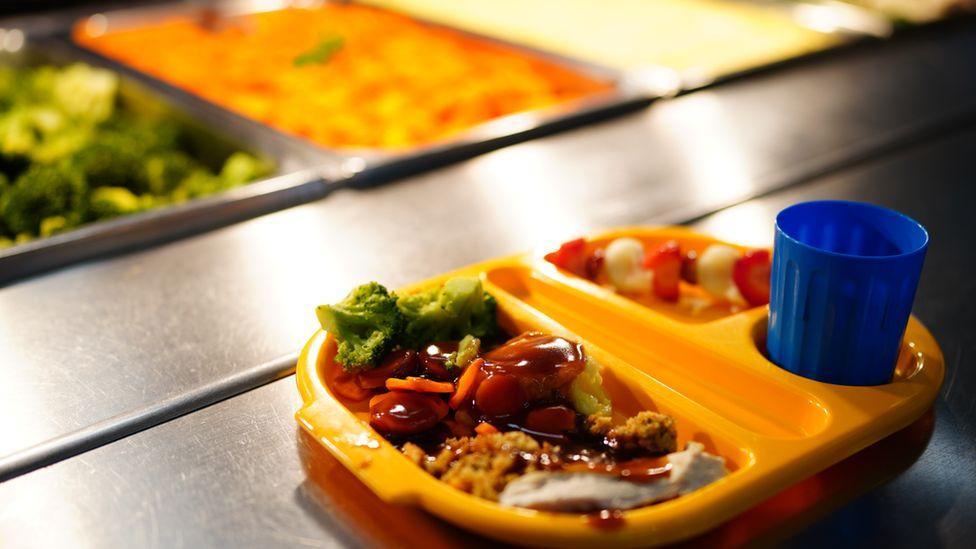
- Published22 November 2022
